Rogue State, the new nation simulation game by indie developer Little Red Dog Games, has the player take control of a fictional Middle Eastern country called Basenji after it emerges from a violent civil war. Players take on the role of the country’s new leader for the space of five years, and are tasked with rebuilding Basenji while keeping different factions (fundamentalists, liberals, patriots, and capitalists), foreign nations, and the nation’s parliament happy. This can be accomplished by adopting certain policies, building infrastructure, fulfilling advisor requests, establishing trade between nations, and effectively managing crises.
Each turn, the player has four “movement” options, allowing them to call neighbors, adopt a new policy, purchase infrastructure or military units, change taxes, etc. At the end of each turn, an event will occur. This event could be any number of things: an earthquake, an advisor behaving badly, or a debate about the future of same-sex marriage in Basenji. How the player reacts to the event has consequences on their country’s financial situation and the leader’s relationship with Basenji’s faction, neighbors, and foreign countries such as the United States and Russia.
Occasionally crisis situations will also occur — such as a disease epidemic or rebellion of the minority Qariffi population — that truly test the player’s mettle and ability to juggle competing factions and needs. Thankfully, the player is guided along through the introduction and any crises situations by an on-screen advisor, guaranteeing that players of all skill levels have the tools they need to successfully rebuild Basenji and reach the end of their five-year reign alive and well-loved.
The Reality of Nation-State Formation
Right off the bat, the parallels between Basenji and Iran are made very apparent by the developers. Basenji’s civil war is the direct result of an oppressive United States-backed monarchy, drawing parallels to the Iranian Revolution of 1979, though younger players will more likely connect Basenji’s turmoil to the more recent Arab Spring riots and civil wars.
Rogue State pulls no punches in its criticism of American involvement in the Middle East (The Basenji ambassador consistently makes Freudian slips by substituting ‘oil’ for like-sounding words, and the best way to appease the Americans is indeed by offering them oil.) while still examining how Western interference in the region can prove beneficial and economical for the states involved. Basenji’s neighbor-states, of which there are three each game, offer differing opinions on issues of Western imperialism, human rights violations, United Nations interference, and religious fundamentalism and terrorism, providing a complex view of the politics and economics found in today’s Middle East.
As a political product, Rogue State does an excellent job of realistically portraying the important issues faced by Middle Eastern nations, humanizing them while acknowledging the realities of political suppression, terrorism, and dictatorship.
This realism does not fully extend to Rogue State’s simulation gameplay, which necessarily simplifies the complexities that go into running a country. Realistically, it would be very difficult to, say, change your nation’s alcohol policy from complete tolerance to a total ban in the course of one month, and the result of such a turn-around in policy would do more than make your liberals a little unhappy.
Rogue State is not a complex simulator meant to demonstrate the ins-and-outs of governmental leadership or realistically replicate policy implementation, and as such might prove simplistic or derivative to veterans of the genre. Nevertheless, its simplicity does increase accessibility, making it relatively easy for the game to be won by inexperienced players on easy and normal mode.
Rough Interface and Animation
Rogue State is an indie game, and the graphics show it. While games with inferior graphics can certainly be more than worthwhile (think Undertale), some of Little Red Dog’s animation choices seem unnecessary. For example, the leader is a fully-animated figure who must move about the room to switch between different screens such as policy and treasury funds, adding a few second of pointless downtime between moves.
All characters are fully-voiced as well; a move that does add to the atmosphere with realistic accents but still doesn’t seem fully necessary for a low-budget indie production. The game would be simpler and more attractive without the ugly 3D character models and fully-animated walking.
In summary: don’t expect to be wowed by the graphics or art style of this game.
Final Impressions
Rogue State is certainly an intriguing indie title in its simulation of Middle Eastern politics and policymaking, and it is certain to entertain the players who decide to purchase it. However, its rough gameplay mechanics and interface make it a less attractive title than the dozens of competitors in the nation-simulation market.
If you have an interest in Middle Eastern politics and want to help support a young and promising indie developer, then give Rogue State a try. But if you’re simply a fan of simulation games, Rogue State is not a necessary addition to your collection.
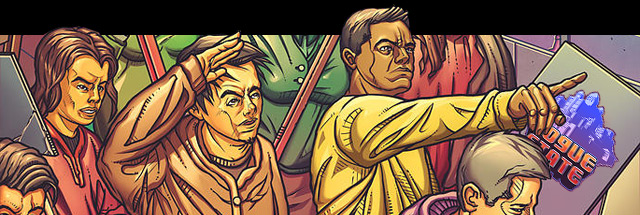

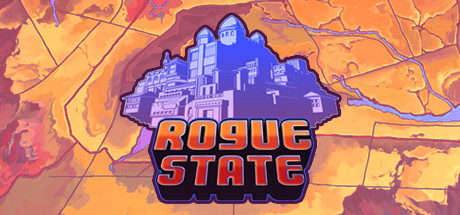
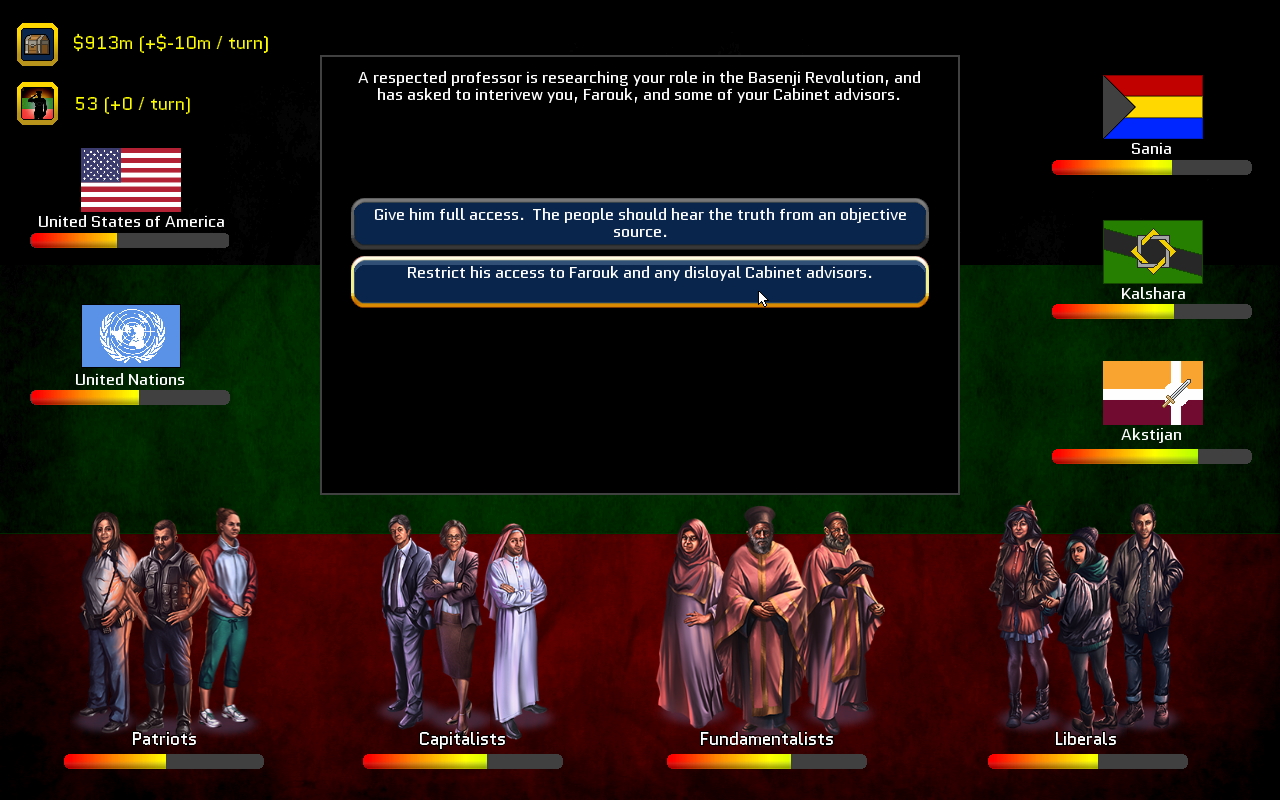
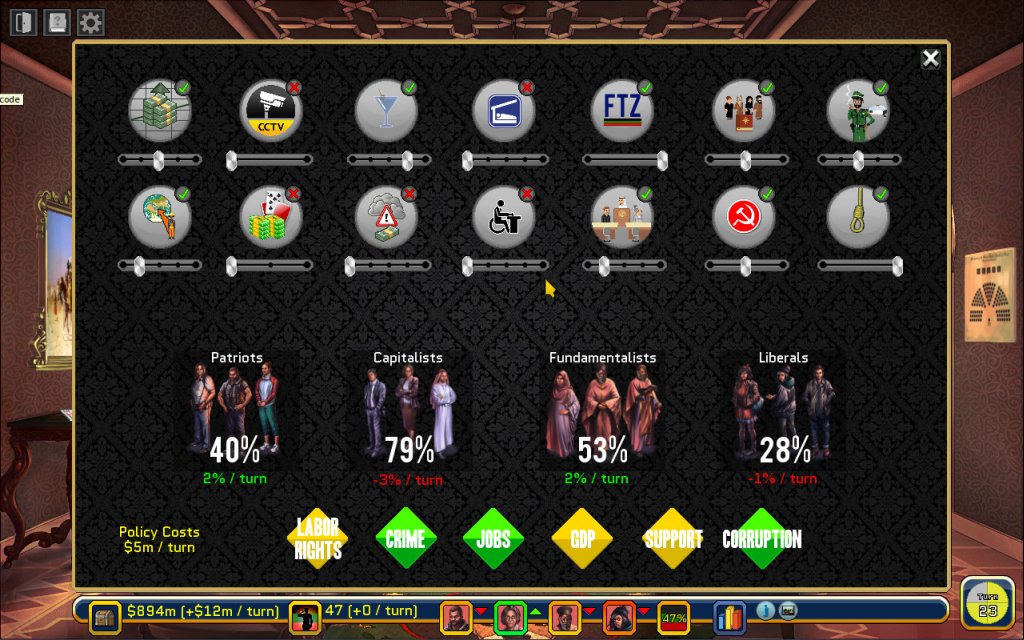
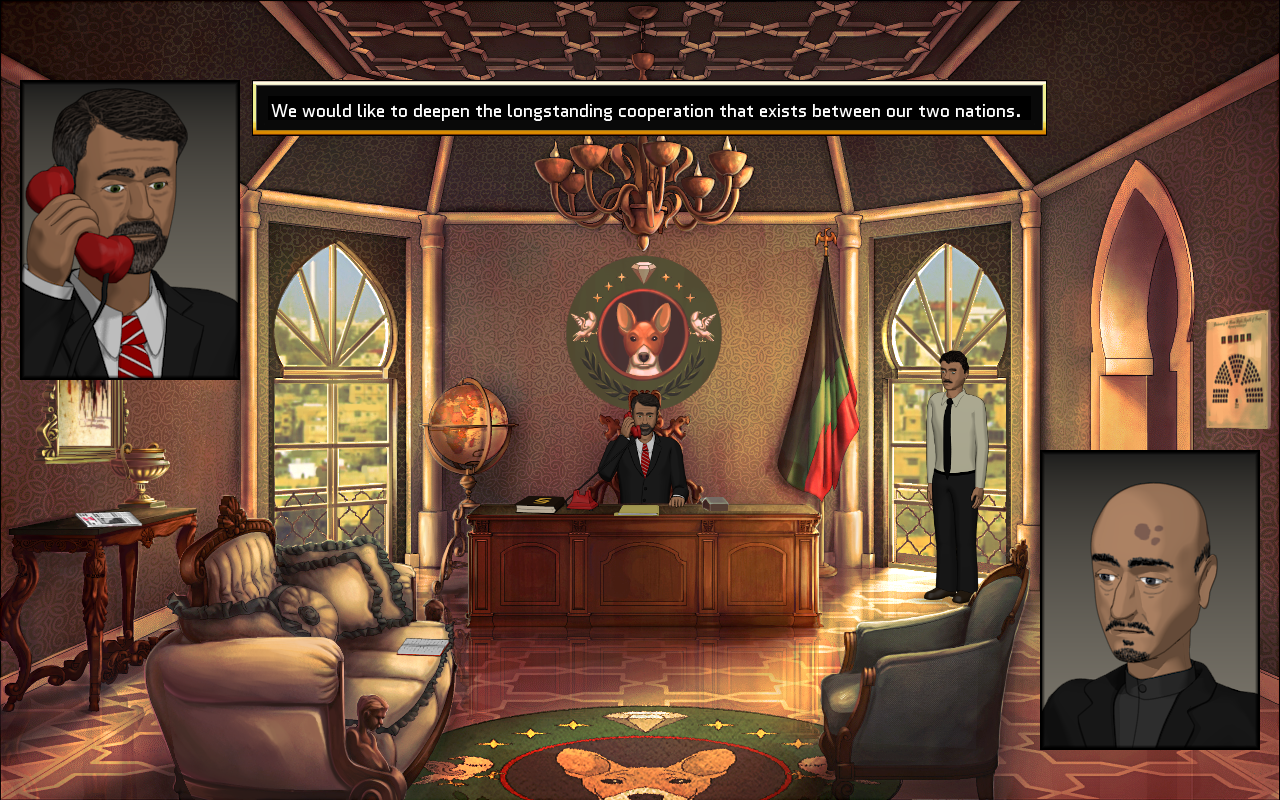





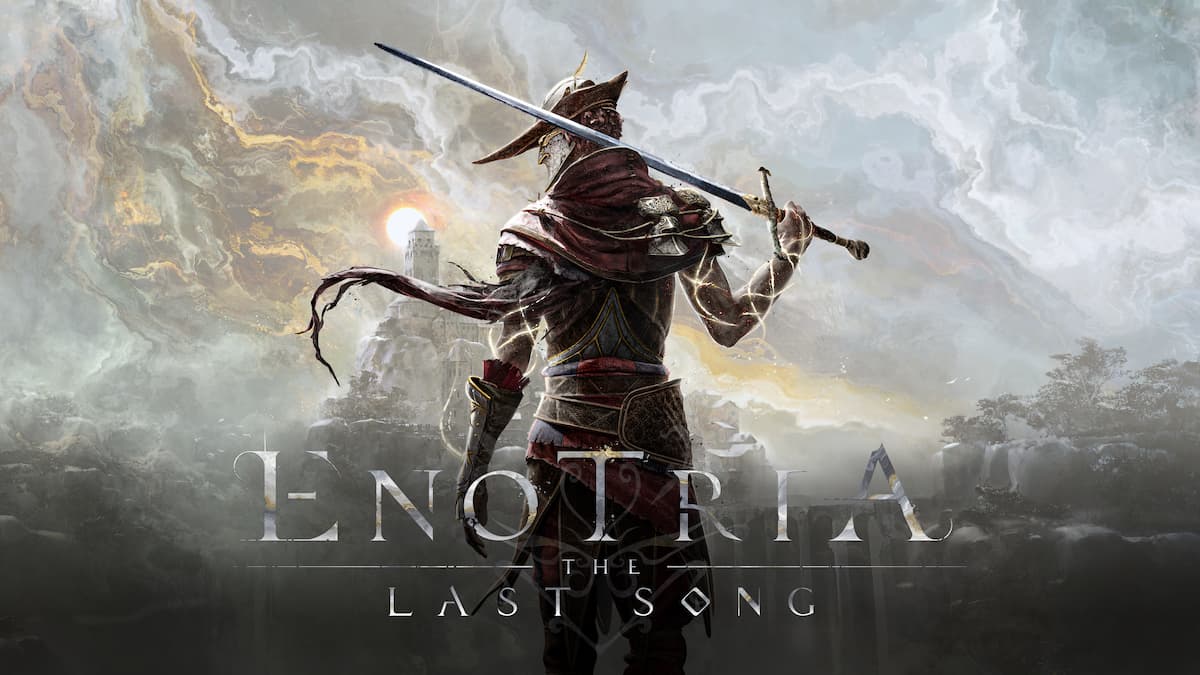
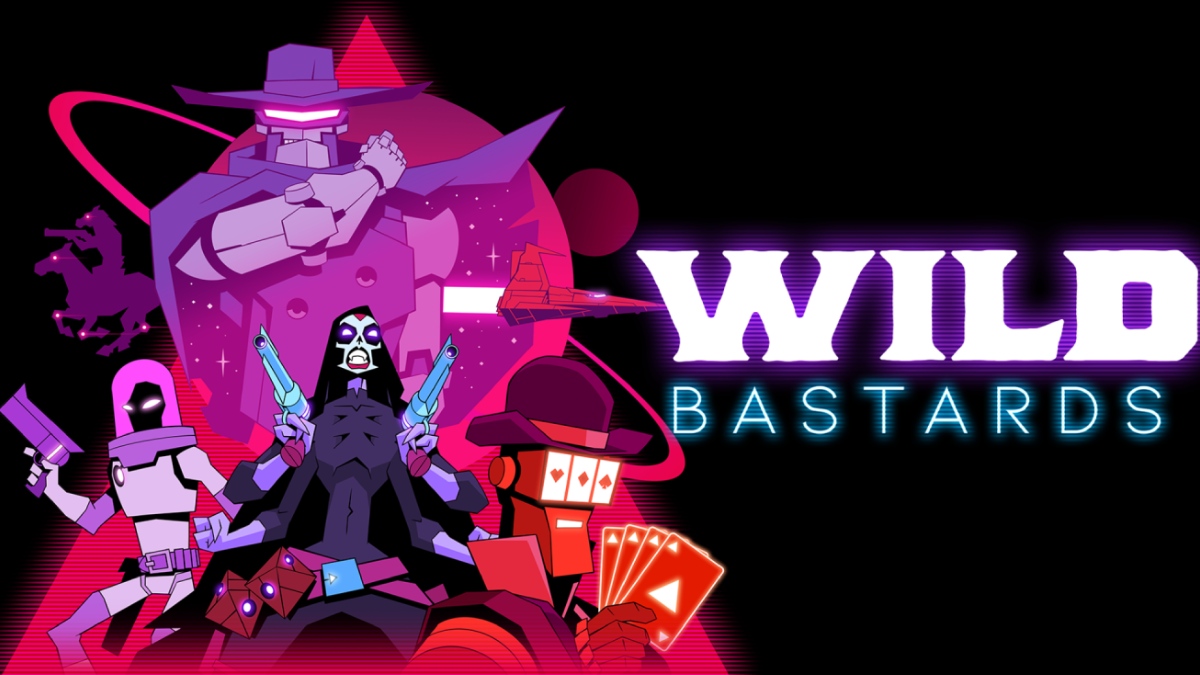

Published: Jul 5, 2016 10:19 am